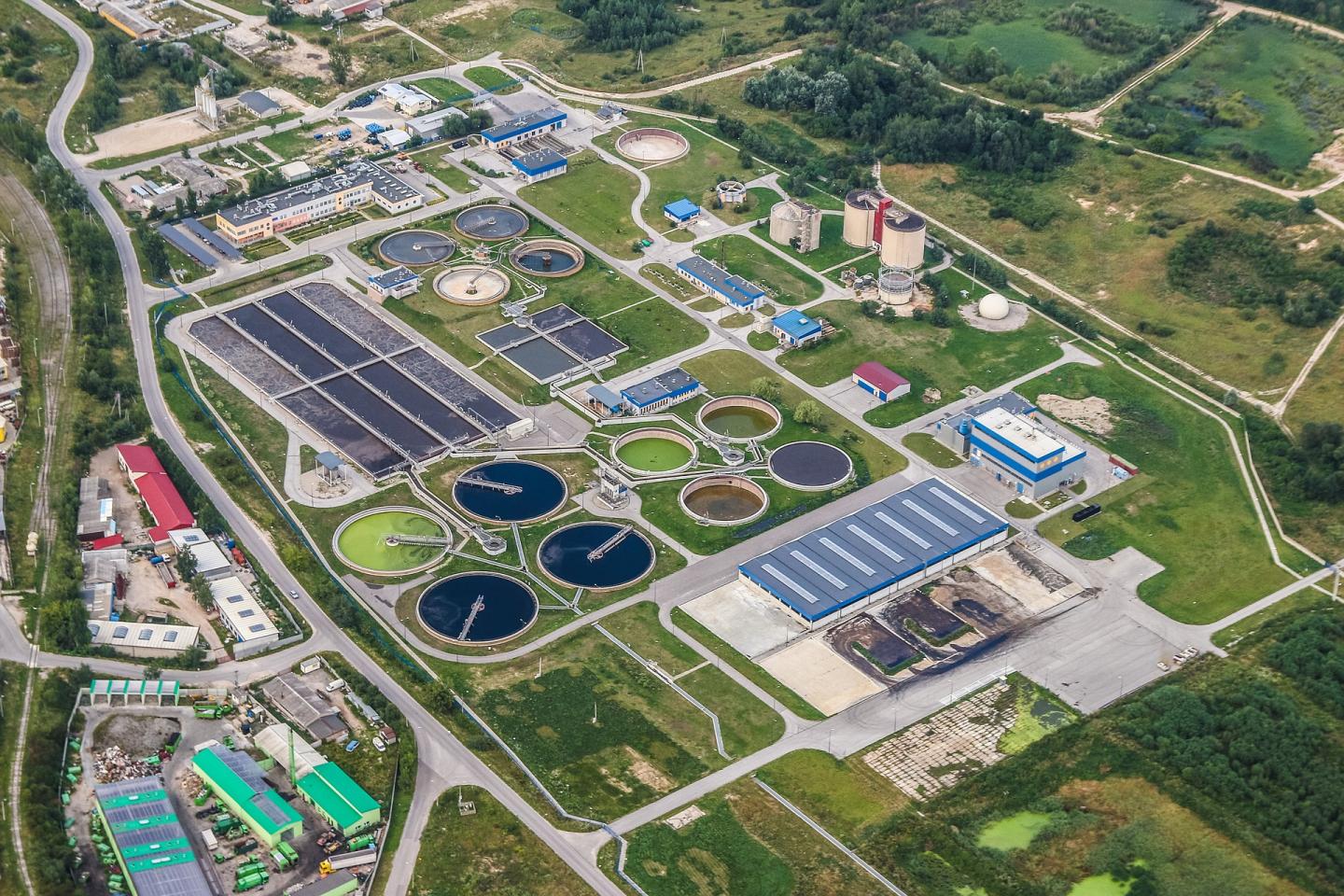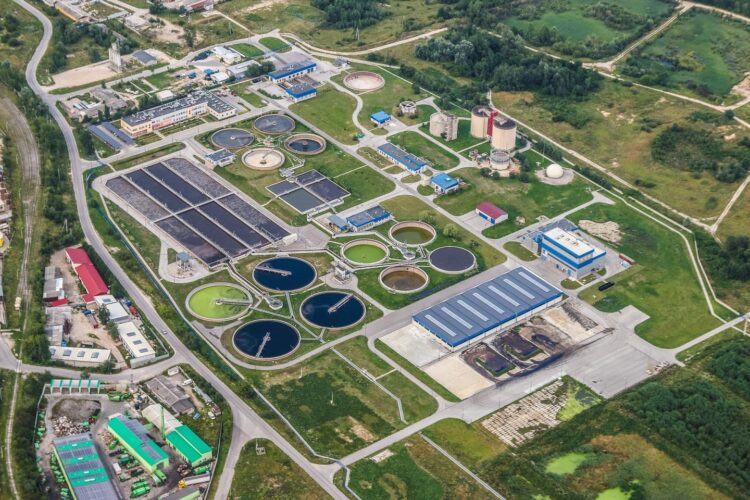
Credit: CC0 Public Domain
A new study by scientists at Utrecht University and the United Nations University concludes that about half of global wastewater is treated, rather than the previous estimate of 20%. Despite this promising finding, the authors warn that treatment rates in developing countries are still very low. The study and its dataset were published Open Access in the journal Earth System Science Data.
Humans and factories produce vast quantities of wastewater per day. If not properly collected and treated, wastewater may severely threaten human health and pollute the environment.
144 million swimming pools
The authors use national statistics to estimate volumes of wastewater production, collection, treatment and reuse. “Globally, about 359 billion cubic metres of wastewater is produced each year, equivalent to 144 million Olympic-sized swimming pools,” says Edward Jones, PhD researcher at Utrecht University and lead author of the study. “About 48 percent of that water is currently released untreated. This is much lower than the frequently cited figure of 80 percent.”
While the results show a more optimistic outlook compared to previous work, the authors stress that many challenges still exist. “We see that particularly in the developing world, where most of the future population growth will likely occur, treatment rates are lagging behind,” Jones explains. “In these countries in particular, wastewater production is likely to rise at a faster pace than the current development of collection infrastructure and treatment facilities. This poses serious threats to both human health and the environment. There is still a long way to go!”
Creative reuse
The main problem, especially in the developing world, is the lack of financial resources to build infrastructure to collect and treat wastewater. This is particularly the case for advanced treatment technologies, which can be prohibitively expensive. However, the authors highlight potential opportunities for creative reuse of wastewater streams that could help to finance improved wastewater treatment practices.
“The most obvious reuse of treated wastewater is to augment freshwater water supplies,” Jones states. Treated wastewater reuse is already an important source of irrigation water in many dry countries, particularly in the Middle East and North Africa. However, only 11% of the wastewater produced globally is currently being reused, which shows large opportunities for expansion.
From ‘waste’ to resource
“But freshwater augmentation is not the only opportunity,” says Jones. “Wastewater also has large potential as a source of nutrients and energy. Recognition of wastewater as a resource, opposed to as ‘waste’, will be key to driving improved treatment going forward.”
However, the authors stress the importance of proper monitoring of wastewater treatment plants, accompanied by strong legislation and regulations, to ensure that the reuse of wastewater is safe. The authors also acknowledge public acceptance as another key barrier towards increasing wastewater reuse.
###
The data and associated journal article are freely available through PANGAEA and Earth System Science Data), respectively.
Media Contact
Merel Postma
[email protected]
Original Source
https:/





